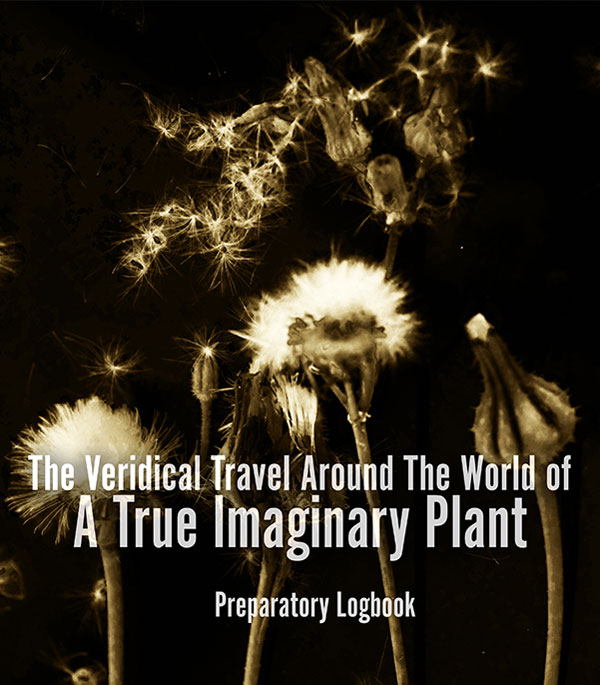
The Traveling Plant: Preparatory Logbook
People were asked, in a caring hosting tradition, to tell the plant what it could expect to experience and to discover along its journey, what and whom (humans and other than humans) it may encounter. Choose a contributor in the menu (v) or browse by following the arrows < >
Maria Manuela Lopes
Porto, Portugal
Artist
Welcoming a traveling plant is a challenge in interspecies communication. As an artist I am familiar with fictional propositions, and as an artist in a scientific lab I am also familiar with the way in which natural organisms have been hybridized with technology; thus, blurring boundaries are my daily life. I feel blessed by your visit. Here in Porto (Portugal) at the top of the cliff and with the Atlantic Ocean in front you, you might think that the world is over, but it’s just Europe touching the Atlantic Ocean. If you look around you may decide where to rest and do feel welcome. You will find here different settlements for plants and also varied categories and species (grass, fruit trees, fruit bushes, vines, aromatic plants a large laurel and of course flowers). The aroma is intense on these summer afternoons. Rest for a while and keep me company, tell me about your journey. You may rest in a flower bed, in a plant vase or in a planter. I will water you in case it gets too warm, but the evenings usually bring a natural humidity that will fill you with dew, I might still catch in the morning if I wake up early. In case you want to visit around I will advise you to jump the wall two streets north, towards the Botanic Garden where you will find many other species and a wonderful garden with camellias, plantains, linden trees, oak trees and water lilies, and most importantly a bronze statue that, at night, is filled with life and wisely and kindly reigns over all plants. You may have fun there! Once, I read they have night parties where plants dance and gossip about the silly hierarchical world Humans live in, oblivious of the symbiotic experience they share with other species.
Partners
The Traveling Plant is a collective project created in 2020 by Annick Bureaud, Tatiana Kourochkina, Marta de Menezes, Claudia Schnugg and Robertina Šebjanič, and further developed with the following seed organisations Leonardo/Olats (Paris), Quo Artis (Barcelona and Treviso), Cultivamos Cultura (Lisbon), Sektor Institute (Ljubljana) and the initial support of the Daniel and Nina Carasso Foundation.

Leonardo/Olats
Observatoire Leonardo des Arts et des Techno-Sciences
À propos / About



Pour toute (re)publication, merci de contacter / For any (re)publication, please contact Annick Bureaud: info@olats.org
Pour toute question concernant le site, merci de contacter / For any issue about the website, please contact: webmaster@olats.org
Design Thierry Fournier
© Association Leonardo 1997-2022